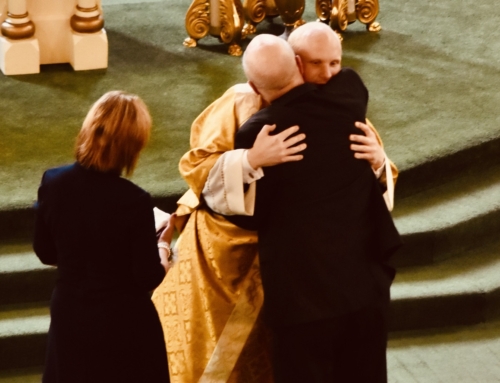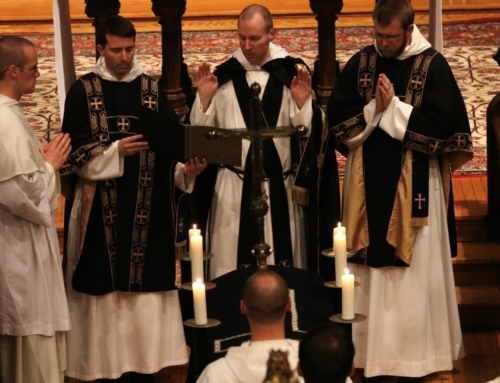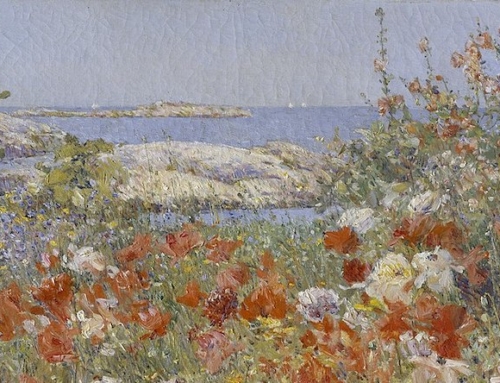Recently, I saw Marvel’s Black Panther in the theaters. I recommend watching it, but be forewarned that this post has a few spoilers. Besides being visually stunning and rather entertaining, the movie is surprisingly thoughtful. It presents nuanced perspectives on Africa and its peoples, their historical plights and their cultural treasures. It features women in strong, heroic roles as mothers, sisters, friends, and warriors. It even provokes some interesting political questions about the duties of kings and the mutual responsibilities of nations. However, one line and one theme from the movie caught my attention. They have to do with fatherhood and death.
In a scene reminiscent of the underworld encounter between Aeneas and his father Anchises in Virgil’s Aeneid, the Black Panther, T’Challa, holds a conversation with his deceased father, T’Chaka, the predecessor to the throne. The father-king addresses his son as he prepares to ascend to the throne of the fictional Wakanda. He encourages T’Challa and warns him of the difficult task ahead. In the midst of his paternal exhortations, T’Chaka makes a profound comment. He says to his son that “a man who has not prepared his children for his own death has failed as a father.”
T’Chaka’s remark sounds like an unusual standard of excellence for fathers. It seems morbid for a man to reflect on how his children will receive his own death. It may appear stranger still for him to actually educate them, prepare them, for the day he will join his forefathers. A father’s duty is to protect his family. Among the most helpful ways to offer this protection is to hand on to one’s children the truth about the difficulties of life. Especially in their childhood and youth, but also later, a father should talk to his sons and daughters prudently and honestly (and age-appropriately, of course) about study, work, friendship, sex, marriage, faith, God, life, and death. To educate his children a father needs to grow in knowledge and love of the truth. A father who either avoids or hides important truths from his children, perhaps especially about his own weakness, does them and himself a disservice. I think that the frenzied despair seen in too many adults who lose a parent may be in part a symptom of the weakness of fathers (and mothers too) who sought to conceal and ignore the truths of our human frailty rather than to humbly and serenely accept them.
Memento mori is always a timely message. Our character can be gauged to a significant extent by what attitude we choose in approaching the thought of our mortality. T’Chaka’s words suggest that our character is also reflected in whether we have helped our children and those who love us prepare themselves for the loss they will experience when our death comes. The sure way for fathers and all of us to prepare those we love for our inevitable death is to trust, remember, and share the ultimate truth of our lives: that we have a Father who never dies, who made us to share unending life with Him in our true home, to which we can arrive only through the saving death of His Son.
✠
Image: Chadwick Boseman in Black Panther







